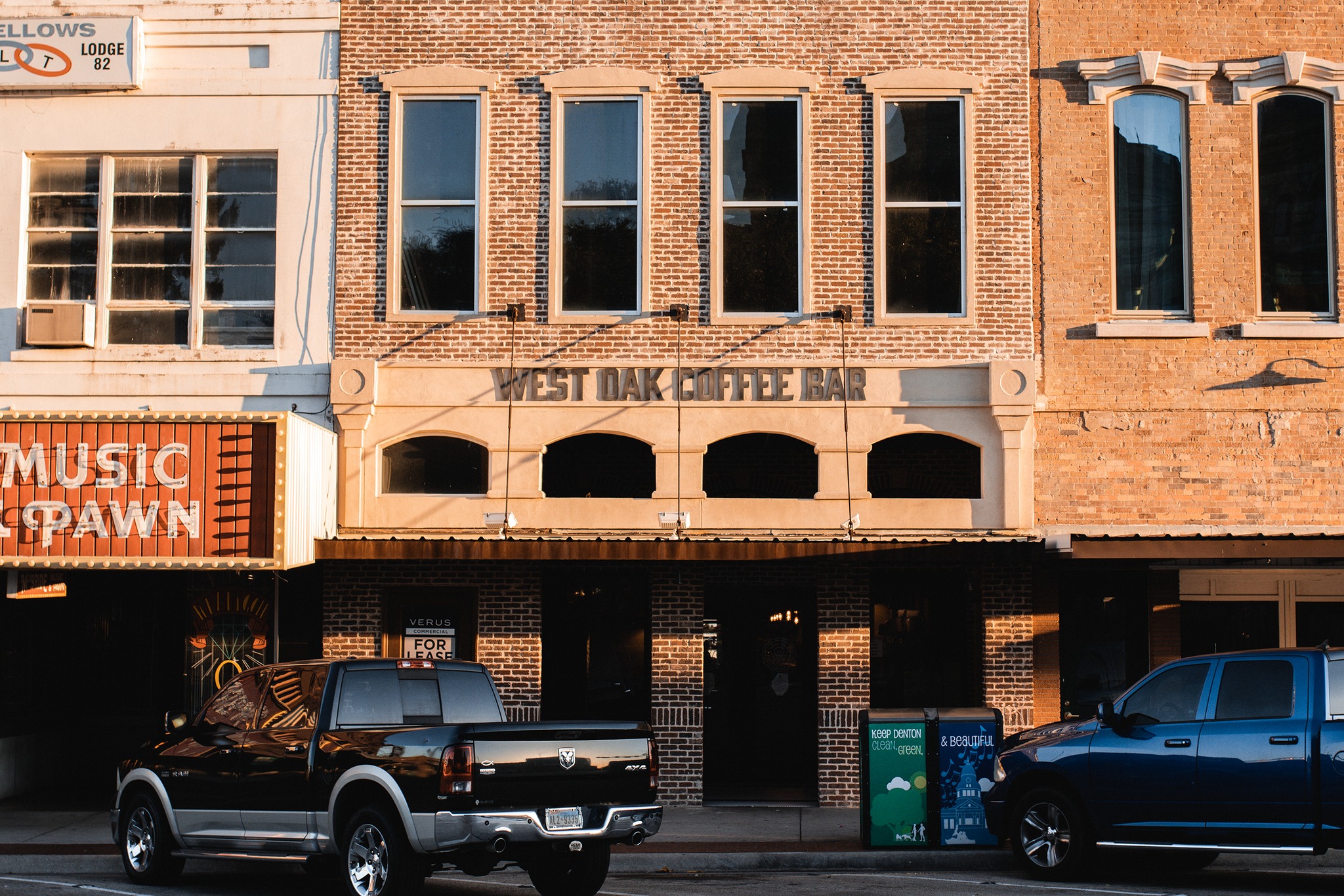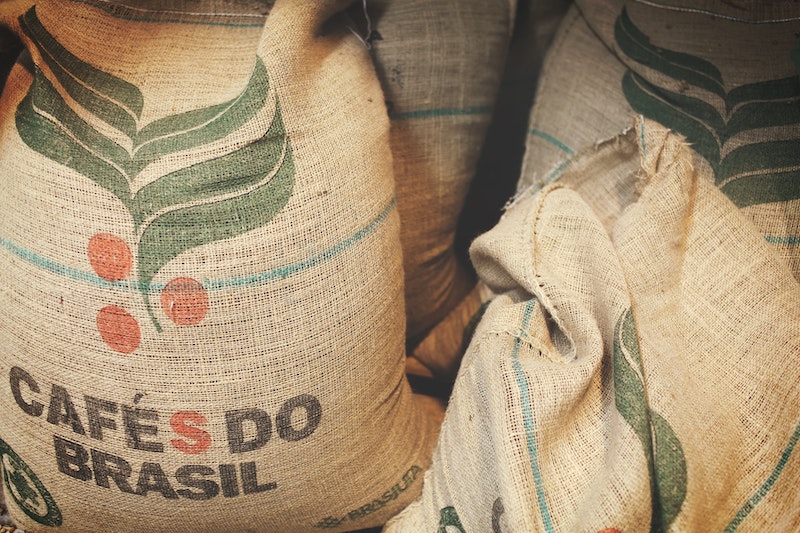It’s not hard to find Brazilian coffee: most of the world’s coffee comes from Brazil! But what is Brazilian coffee really known for? how is it grown and harvested? Will they always be the largest coffee producing country in the world?
and the most important question: how to find and prepare an amazing Brazilian coffee from your own home?
Reading: Best brazilian coffee
Read on to find out how coffee started in Brazil, where the industry is headed in the future, what sets Brazil apart from other coffee-producing countries, and the best Brazilian coffee brands available.
some interesting facts about Brazilian coffee
brazil is a huge country. the fifth largest country in the world by land area (8.51 million square kilometers) and the fifth most populous country in the world (207 million). much of the country remains tropical rainforest. its warm tropical climate makes it ideal for growing coffee. So what makes Brazil such a unique coffee producing country?
brazil produces the most coffee of any coffee-growing nation
For the last 150 years, Brazil has been producing more coffee (1) than any other country in the world. In 2016, Brazil produced 2,595,000 metric tons of coffee beans, while Vietnam, the second largest coffee producer, produced 1,650,000 metric tons. Ethiopia (#5 on the list) only produced 384,000 tons.
brazil and ethiopia are the only coffee producing countries with significant coffee consumption. most other coffee-producing countries export most of their coffee and hardly drink it.
slavery (might still exist) on coffee plantations
Coffee was brought to the nation in the mid-1700s by French settlers. Over time, coffee eventually became Brazil’s largest export, surpassing sugar cane.
in 1840, brazil produced more coffee than any other country and the plantation owners became very wealthy. it was not until 1888 that slavery was officially abolished (2). but even today, there are farms that still have slavery conditions (3).
Brazil has been very progressive in the coffee growing and production industry and in protecting farmers, but sometimes farms can go unnoticed and treat migrant workers like slaves. the larger farms are so advanced in their practices and technologies that they are frequently monitored. by different agencies to meet certain certifications, and smaller farms are often run by families.
It is the medium-sized farms that are most at risk of slavery conditions, such as long working hours, lack of adequate housing, and debt bondage.
keep this in mind when buying direct: you don’t want to support that shit!
growth conditions
Brazilian coffee growing regions (4) are located along the Atlantic coast in the southeastern region of the country. these areas receive moderate sunlight and rainfall with consistent temperatures throughout the year, which are excellent for growing arabica and robusta beans.
What Brazil lacks, however, is higher elevations, which tend to produce better coffee. Due to the lower elevations, farms can produce more coffee, faster. they can also grow robusta beans. the result is more quantity, but not necessarily high-quality coffee.
The country is spending time and money to produce better drying technologies to speed up the process and protect the beans from prolonged fermentation.
Brazil also processes a significant amount of its coffee through the natural pulped method, which combines the best features of wet and dry processing methodologies.
due to low humidity, brazil has mastered this processing method and produces the best natural pulped coffees in the world.
thirteen of the 27 federative states of brazil that produce coffee, including rio de janeiro, which has the second largest economy in the country. The 3 largest and most prominent coffee states in the country are:
- minas gerais – meaning general mines, this is the largest coffee growing state where 4 coffee producing regions meet. It is home to half of the coffee-producing farms in Brazil. high-quality obatã, icatu, catuaí, catuaí rubi and mundo novo coffees are grown here.
- Cerrado de Minas – this region was the first to receive appellation of origin status. With elevations reaching 800 to 1,300 meters, this region produces high quality coffees.
- Chapada de Minas – This region of valleys and highlands grows the Catuai and Mundo Novo varieties.
- Matas de Minas: The area is mainly made up of small coffee farms. The landscape of this emerging coffee region is uneven and the coffee varieties produced here are known to have notes of chocolate or caramel.
- Sul de Minas – with mild temperatures and an average altitude of 1000 meters, this region produces 30% of the country’s coffee. Coffees produced in Sul de Minas are known to have a lot of body and fruity notes.
- espírito santo: This state mainly grows robusta coffee beans. It is home to the Montanhas de Espirito Santo and Conilon Capixaba coffee regions.
- são paulo: this state is where you will find port santos, which is the port known for the export of coffee. it is home to the mogiana and west-central são paolo coffee sub-regions.
- west-central são paolo: this region encompasses four cities. their coffee farms are mostly small to medium in size. it has quite steep and uneven terrain.
- mogiana: With land areas located between 900 and 1,100 meters above sea level and mild temperatures, this region can produce high-quality coffee beans.
- If you like a lighter roast, you’ll get a smooth, low-acid, chocolatey, nutty-flavored cup of coffee. it will be easy to drink.
- if you like a darker roast, these beans can handle that too. the dark roast will really bring out the full body and roasted nut character.
flavor characteristics and tasting notes
Brazilian coffee tends to be low in acidity, with a smooth body and sweet flavors.
See also: 8 of the Best Coffee Shops in Mobile Alabama
These flavors are primarily chocolate and nutty. These can range from milk chocolate to dark cocoa and toasted almonds.
Some of the higher quality specialty grade coffees grown at higher elevations may contain subtle citrus notes and other brighter fruit characteristics. it is very rare to find a brazil with a bright and juicy acidity.
>>> click here to try high-quality, authentic Brazilian coffee beans
honorable mentions
don’t miss the beans from the following regions of brasilia:
Brasil Santos coffee is the best-known specialty grade coffee in the country. The name Brasil Santos comes from the port through which the coffee from this region passes.
Bourbon Santos is possibly the best coffee Brazil has to offer. Santos Bourbon coffee is known for its smooth, smooth flavors and is often described as nutty and sweet. Most of these beans are grown in São Paulo or Minas Gerais.
Carmo de Minas is another wonderful coffee from Brazil. Carmo de Minas is located in the southern part of the state of Minas Gerais, which has fertile soils and slightly higher elevations than much of the country.
The coffee produced here can have a bit more acidity with some soft fruit notes, backed by a sweet chocolate body. farmhouse coffees from brazil are those that are grown on specific, high-quality farms in the country. when you see the word “state”, it can be traced back to that specific farm and family. many of these cafes are award winning ones, so if you see one be sure to pick it up.
the current state of the brazilian coffee industry
brazil is one of the most developed nations (5) in terms of coffee production in terms of technology and sustainability. Even though coffee production faces so many obstacles these days, Brazilian farmers continue to adapt and improve their practices.
Brazil is continually investing in new technologies to increase efficiency and quality on farms and is trying to ensure that coffee farmers are well served, well paid and have ample opportunities.
70-80% of the coffee produced in Brazil is Arabica. the rest is robust.
For a country that produces so much coffee, with relatively low growing height, not all coffee is great. in fact, most of the coffee produced is not good. but it all has a purpose: most specialty roasters buy brazil for their blends.
these coffees are full-bodied, sweet and low in acidity, so they can be blended with coffees that have a light body and brighter flavor notes for a balanced cup or the perfect espresso. brazil is also the exporter world’s largest instant coffee company. coffee (6). between 10-20% of all coffee exported by brazil is instant coffee. instant coffee is usually made up of lower quality coffees.
In 1960, coffee was Brazil’s main export product, accounting for almost 60% of all the country’s exports. in 2006, coffee represented 2.5% of the country’s exports.
the best way to prepare methods for Brazilian coffee
The best Brazilian coffee beans can produce a full-bodied beverage with low acidity and hints of sweet chocolate and roasted walnuts. There are multiple ways to fully enjoy this type of coffee. Whichever brewing method you prefer, just make sure the ground coffee is the ideal fineness or coarseness.
french press
The French press is known for making coffee with a full, heavy body. Because the French press is a full immersion coffee maker, the ground coffee stays in the water for up to 5 minutes.
This doesn’t work as well with highly acidic coffee, as it can taste tart and cloudy. but it is perfect, however, for coffees that are naturally lower in acidity. it also helps to pronounce the sweet chocolate notes of the coffee.
express
Nearly all traditional espresso blends contain Brazilian coffees. why? these beans are made for espresso only. again, it’s the full, sweet, chocolatey character that helps make the perfect shot of espresso.
cold beer
brasil works great as a cold beer for the same reasons listed above. most people want their cold beer to be smooth and refreshing. Brazilian coffee is excellent, smooth and refreshing, especially when brewed cold.
where to buy the best brazilian coffee brands
See also: Top 5 Máy Pha Cà Phê Chuyên Nghiệp Chính Hãng Năm 2022
>>> My choice: Brazilian peaberry coffee. check the price here!
It’s not hard to find Brazilian coffee. But it can be relatively difficult to find excellent coffee from Brazil. in fact, it can be difficult to find a good coffee bean. Check out these roasters for the best Brazilian coffee brands.
The volcanic coffee is roasted fresh once an order is placed. not before. try this Brazilian pea for a sweet, full-bodied coffee with low-medium acidity – the classic Brazilian coffee profile. This single origin coffee comes from the state of Minas Gerais, which is known for producing some of Brazil’s most premium coffees. Additionally, Volcana is certified by the Rainforest Alliance and makes sure to encourage sustainable practices.
This coffee is available in pre-ground and whole bean packages. you can find coffee from volcanica on amazon, but it is better to order directly from volcanica. this way you get freshly roasted coffee as they will only roast it after they ask for it, and you will have it in 1-2 days. if it’s from amazon, who knows how long it’s been in the amazon warehouse?
Now, you can certainly get single-origin Brazilian coffee (and they’ll rock your cup), but if you’re looking for something Brazilian and a little more relaxed, smooth, and low in acidity, this blend may be the perfect answer.
Again, brought to you by the amazing folks at Volcanic Coffee Company, this low acid blend has a strong Brazilian coffee base that is complemented by other high quality, low acid beans including some from Sumatra, a region famous for producing incredible coffee beans that are naturally low in acidity.
The mix is medium roasted after ordering, to ensure the beans are still at their peak freshness when they arrive at your door a few days later.
If low acidity is a priority for you, this is a great option that will ensure your next cup is full of flavor…and easy on the stomach. this coffee is available in whole beans and pre-ground packets.
home grounds is kind of a fan of peet’s coffee. The San Francisco roaster is one of the big players in the US coffee scene, but they still make sure the beans are respected. the coffee is hand-roasted only after it’s been ordered, so you know you’re getting a fresh delivery.
Peet’s is known for its in-house blends, but the brand sources some quality single origins, like these Brazilian beans. This coffee comes from the Minas Gerais producing region, the largest and most well-known in the country.
Peet’s Brazilian coffee has been naturally processed, giving these beans a fruitier flavor than you’d normally find in Brazilian beans. true to the region, there is also a prominent flavor of sweet roasted hazelnuts. try it as a French press for richness or as a cold brew if you want to bring out those sweet flavors. if you like this coffee, it is also available in k-cup pods.
type of roast most suitable for Brazilian coffees
brasil coffee can handle whatever you prefer.
chocolate notes can range from milk chocolate sweetness to bittersweet cocoa.
These coffee beans are versatile and you can enjoy them however you like.
Coffee beans from Brazil tend to have a low bean density, which can make roasting a bit trickier than other coffees. you just have to pay attention while toasting and not go too fast.
Because these beans are softer, applying a lower heat over a longer period of time will result in a balanced roast, as opposed to high heat quickly, which can burn the beans.
take advantage, my friend! (enjoy it, my friend)
Brazilian coffee is technically the most popular coffee in the world. It is everywhere, especially in the United States. we get most of their exports. Chances are there are good Brazilian coffee brands for you.
This single origin coffee has its own unique profile and its characteristics will only improve as time goes on and Brazil invests more and more in its industry.
Do you have a favorite Brazilian coffee? where did you get it?
See also: 20 loại cây phong thủy mang tài lộc cho nhà hàng, quán cafe





